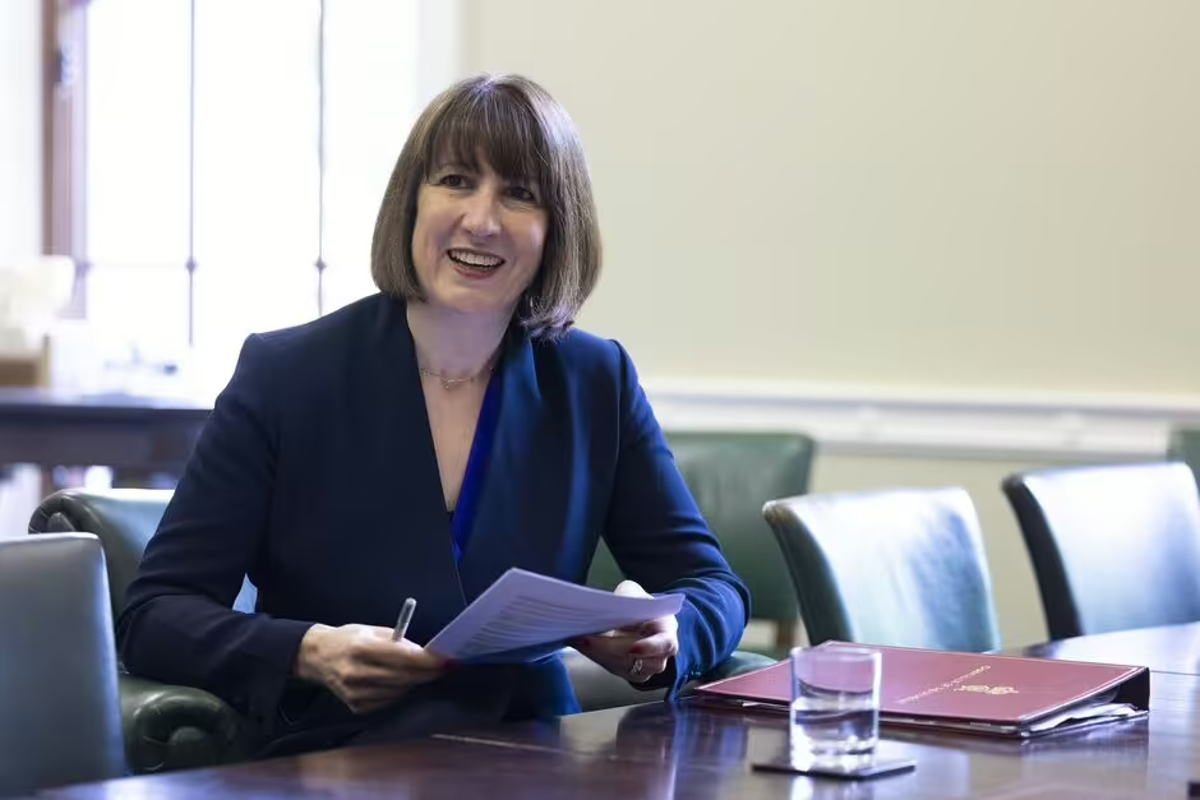By Saskia Koopman
Copyright cityam

Chancellor Rachel Reeves is set to deliver her Autumn Budget on 26 November, nearly a month later than usual, and eyes are on what she will do for the SMEs.
With borrowing costs hitting their highest levels since 1998, and servicing the national debt topping £100bn a year, the government has been urged to maintain fiscal discipline while keeping SMEs afloat.
As inflation remains high, the economic uncertainty continues to weigh heavily on smaller businesses, which have limited buffers in place to absorb rising costs.
Business rates and tax relief
Economists expect some taxes to rise to meet the government’s borrowing rules, though national insurance, VAT and income tax are unlikely to move.
For small businesses, the spotlight falls on energy costs, inheritance tax and business rates – targeted relief measures that could make the difference between survival and contraction.
From April next year, hospitality, retail, and leisure businesses with properties under £500,000 are set to benefit from permanently lower business rate multipliers.
Meanwhile, larger properties may face higher rates to fund the relief.
Helen Dickson, chief executive of the British Retail Consortium, said: “This is a golden opportunity to ensure no shop pays more as a result of reforms. It could allow retailers to invest in local communities, support local jobs, and relieve pressure on prices”.
Other potential measures Reeves is reportedly in talks about include inheritance tax reforms, tightening the rules on gifts, national insurance changes for landlords, and levies on banks or the gambling industry.
Fuel duty is also under discussion, though any increase will need to be carefully balanced to avoid squeezing costs for firms already grappling with rising costs.
Support and expectations for SMEs
Peter Kyle, the recently appointed business secretary, is under mounting pressure to champion SME interest.
Aman Parmar, head of marketing at BizSpace, said: “[Peter] Kyle has a crucial role in shaping policies that protect SMEs from rising costs while enabling growth”.
“Business rates reform, energy subsidies, digital transformation support, and post-Brexit trade simplification are all areas where decisive action is needed”.
Smaller businesses, in particular, need support with digital adoption, as many lack the resources to compete with larger rivals, and targeted relief could boost competitiveness, as well as growth.
Energy costs remain another pressing concern, with escalating prices already forcing businesses to reduce hours or downsize, making government intervention critical.
To coordinate policy ahead of the budget, Prime Minister Keir Starmer has established a “budget board”, including senior officials and business advisers.
The board will be aimed at ensuring strong communication with UK businesses, whilst shaping pro-growth measures.
Labour officials have recognised that previous budget moves, like raising national insurance, strained relations with small businesses, and this board will attempt to avoid repeating those mistakes.
The Autumn Budget will test the government’s ability to balance fiscal responsibility with the needs of SMEs instead.
Relief on energy subsidies, business rates and support for digital shifts could provide much-needed breathing room for smaller businesses. At the same time, targeted tax measures and levies could help close the fiscal gap.
“The upcoming budget must translate government plans into concrete support for SMEs. The decisions made on 26 November will be decisive in shaping a thriving environment for the UK’s SME sector,” Parmer added.



